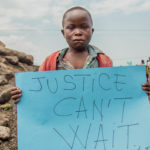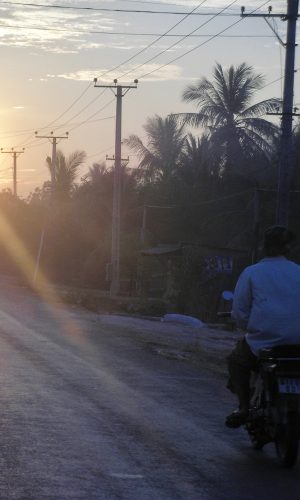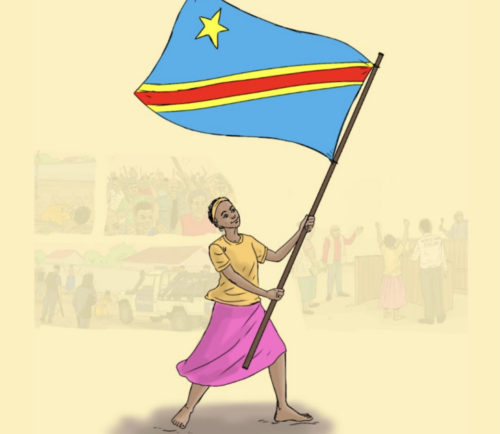
Youth Charter Initiative
We defend children in prison.
Globally, over 1 million children are behind bars. IBJ launched the Youth Justice Charter Initiative in 2023. Written by youth for youth, IBJ’s Youth Justice Charter demands that every child around the world has essential legal and human rights outlined in the document’s 10 articles. 22 Youth Charter Defenders have been empowered and are working on projects to implement the charter globally.

Highlights of our Youth Programs
Youth Justice Charter
Here are the 10 articles of the IBJ Youth Charter. To read more about the charter or children in prison, click here.
Meet our 22 Youth Justice Charter Defenders:
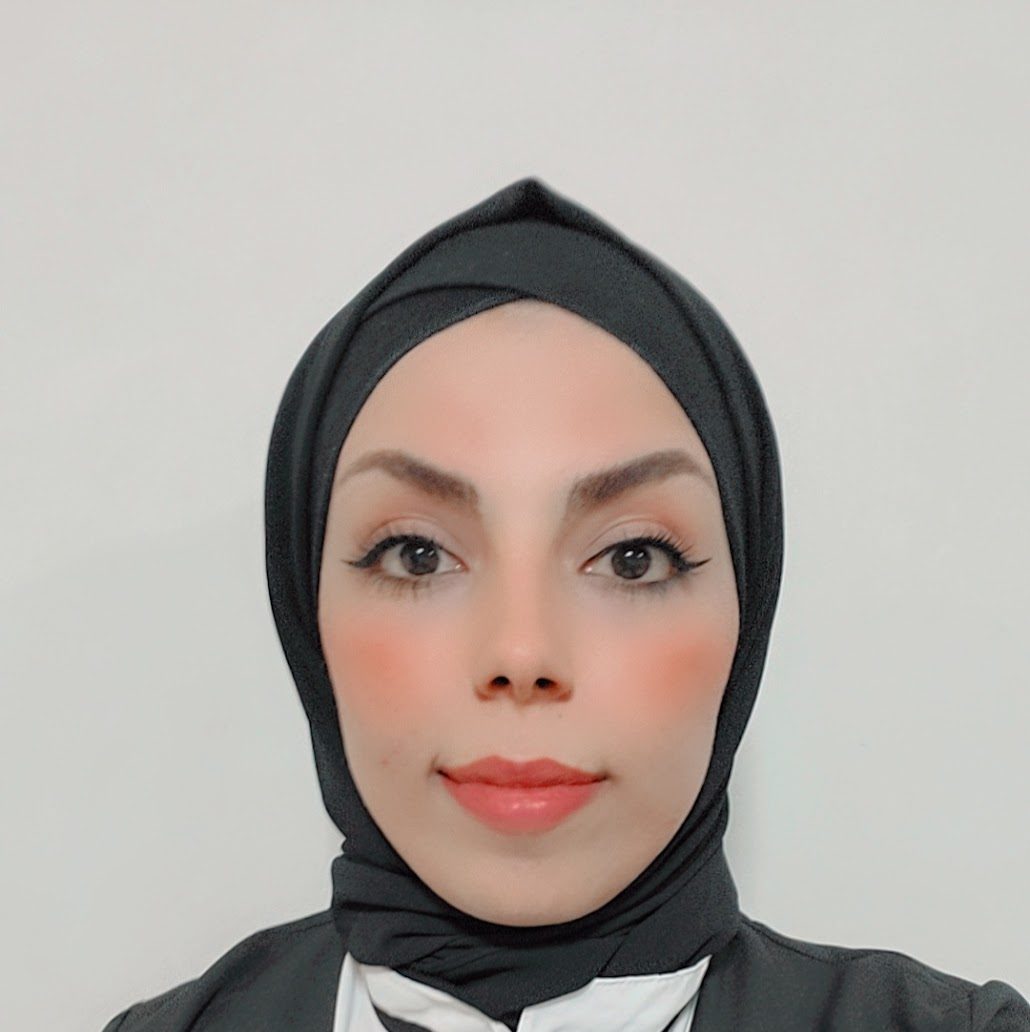
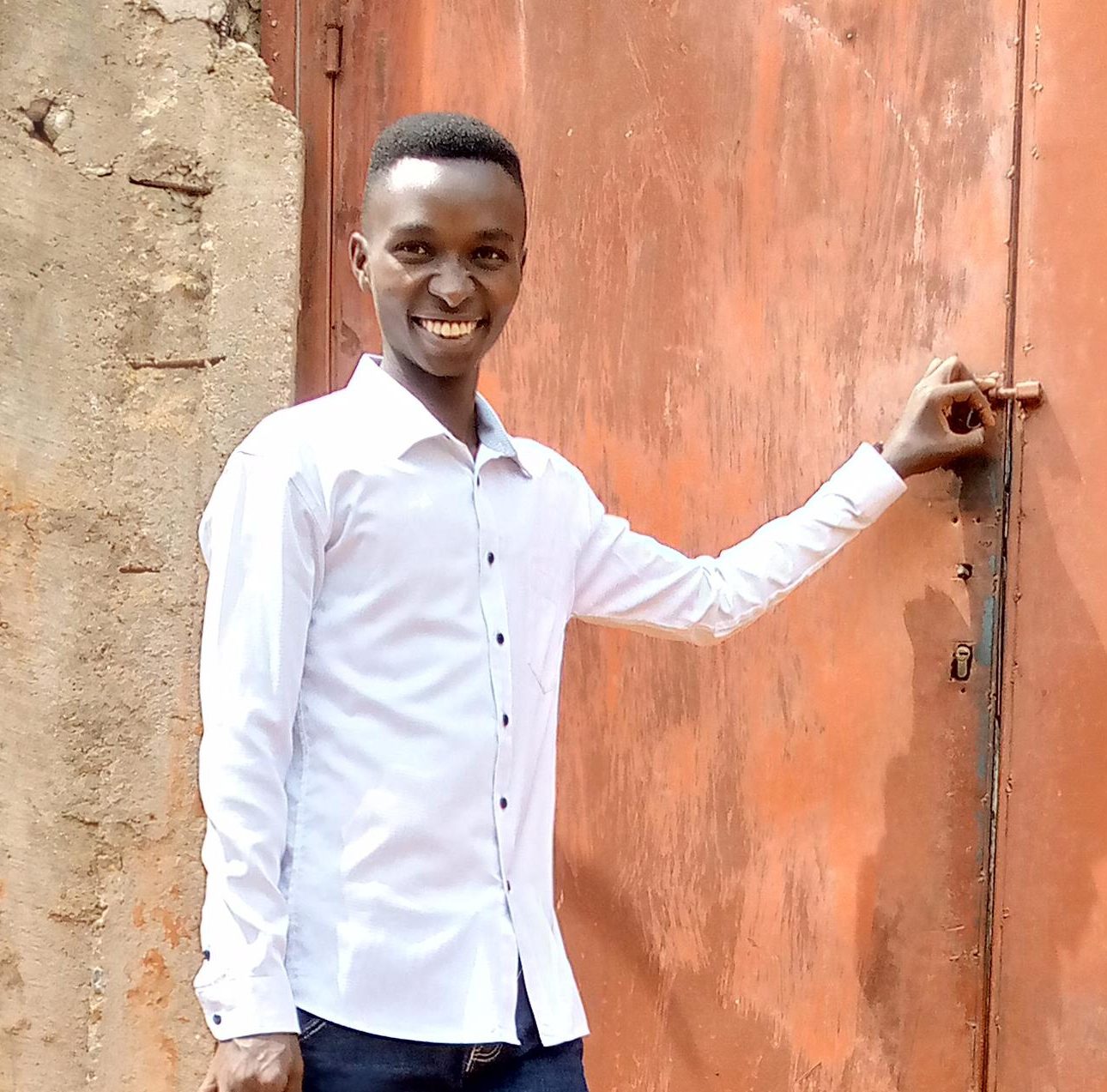



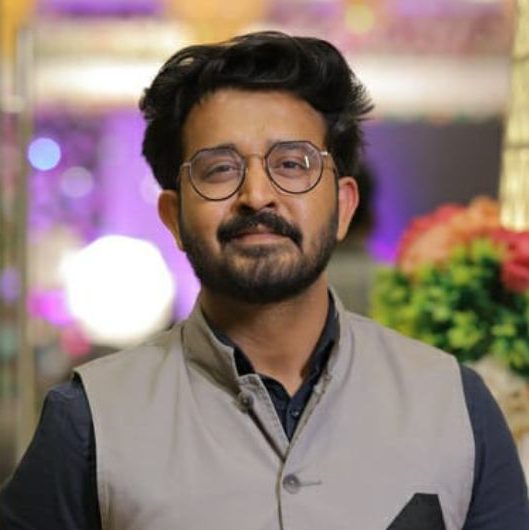





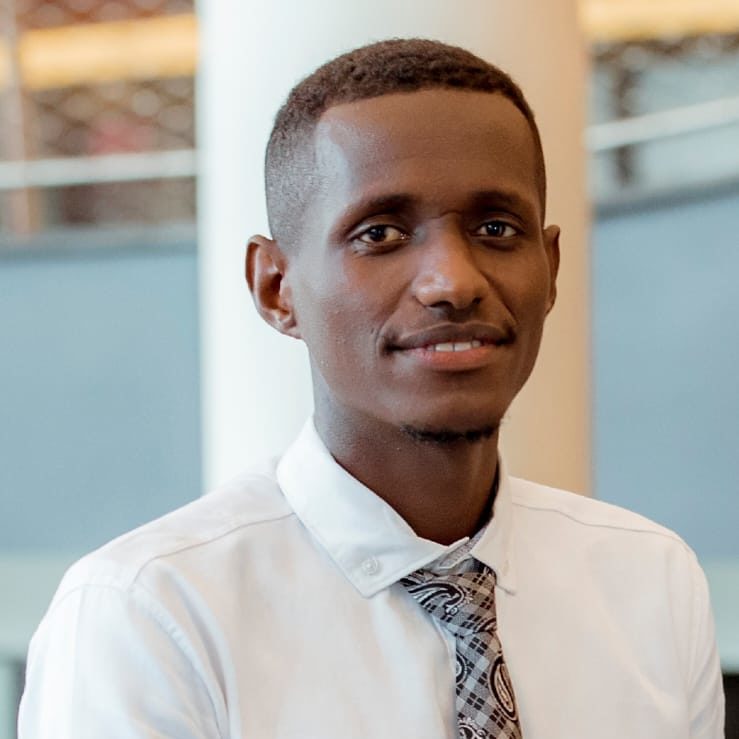


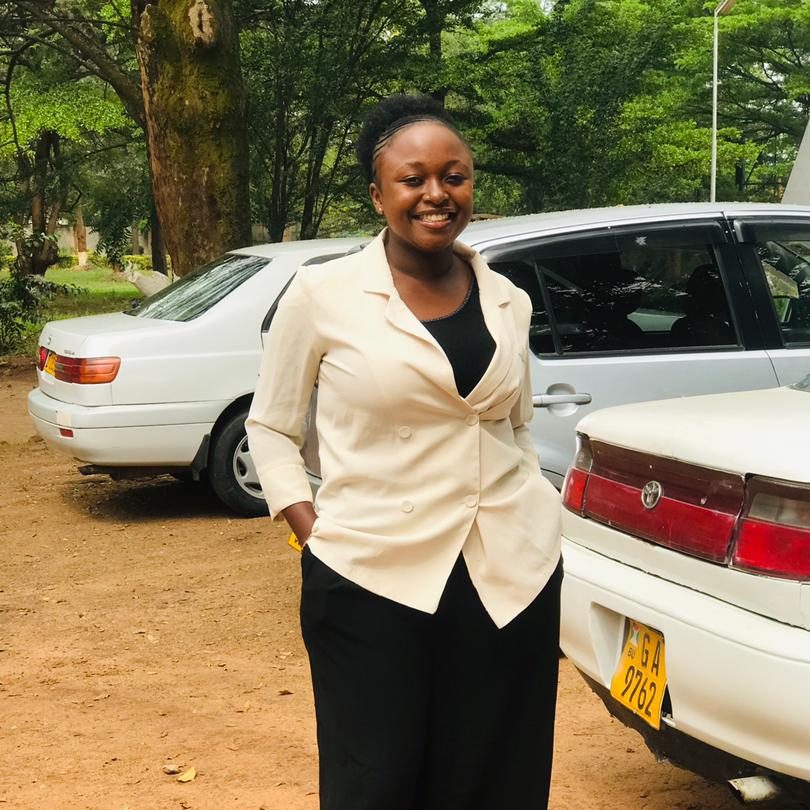
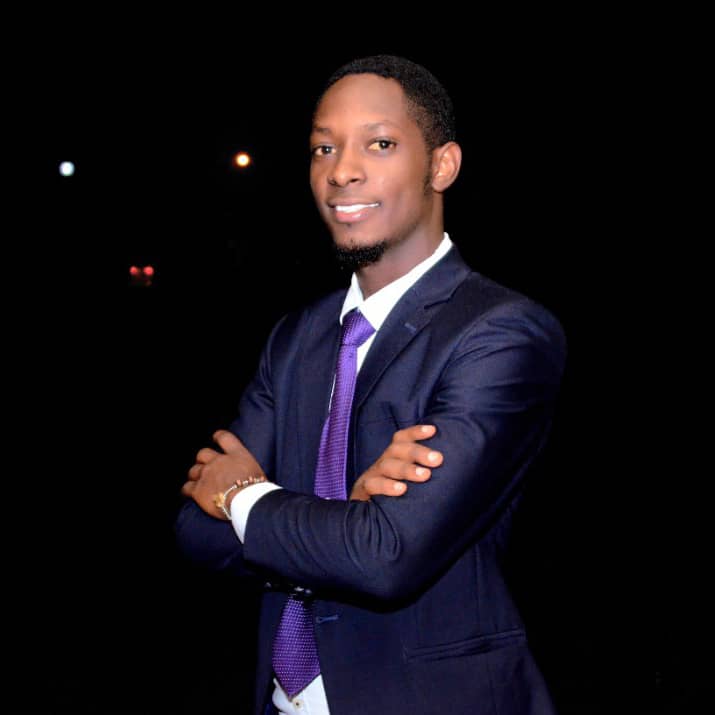

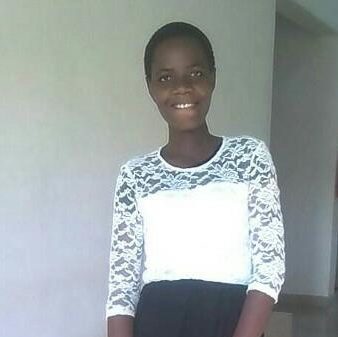


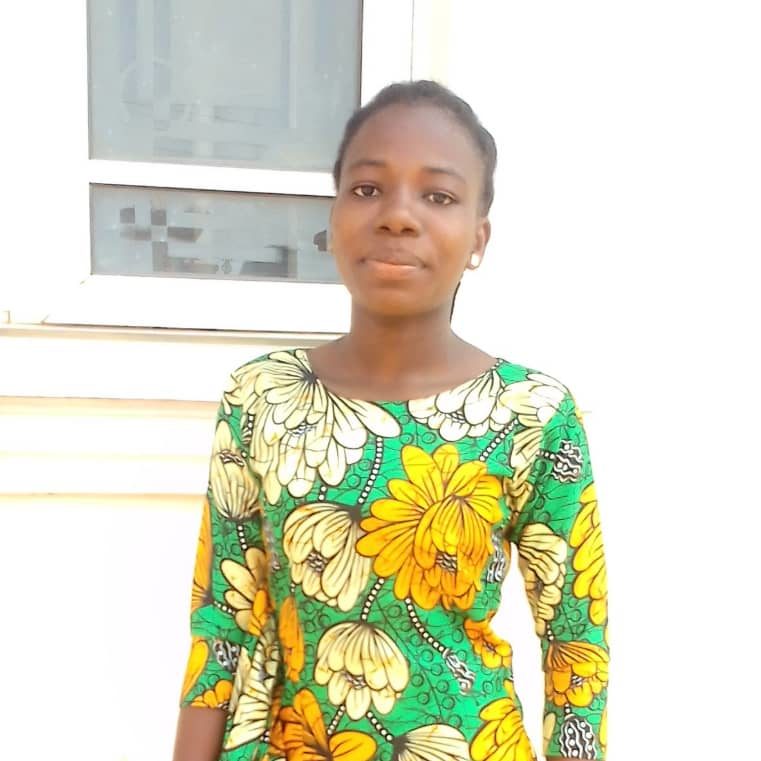
Our Impact in 2019 - 2020
Before the Youth Justice Charter Initiative, IBJ launched the Youth Champions initiative in 2019. This initiative accomplished the following:
- Gained the release of 25 child detainees
- Provided 258 minors with social, legal and psychological support
- Organized 36 workshops and conferences
- Created a movement of over 400 youth in 5 continents
Frequently Asked Questions
There are various ways to support our mission. If you’re looking to make a financial contribution, consider donating to our cause. For students in schools or universities, we encourage you to become Youth Justice advocates! Starting a Youth Charter Chapter is an impactful way to make a difference, and it’s easy, free, and fun. For more details click here.
For access to the Youth Justice Charter, click here.
For any further inquiries or specific requests, please email us at youth@ibj.org. We’re here to assist you!
